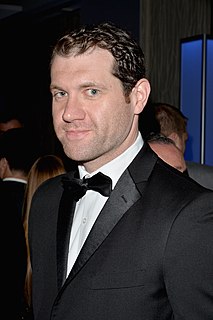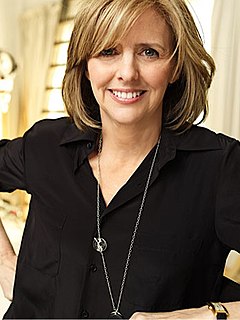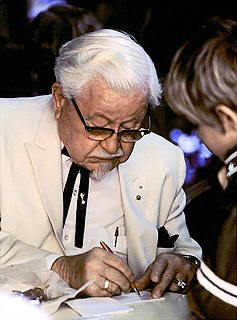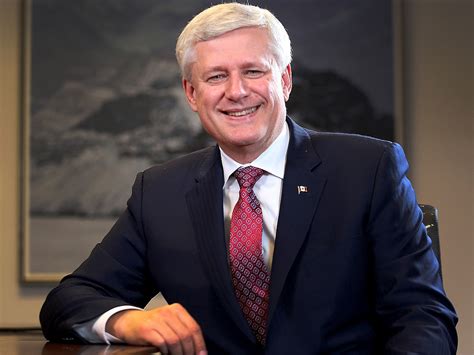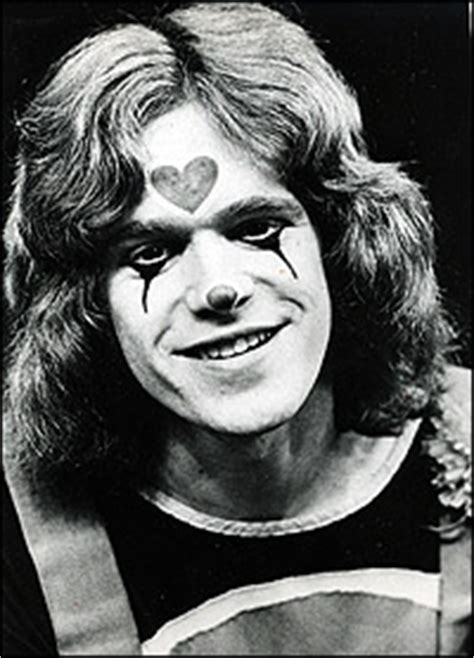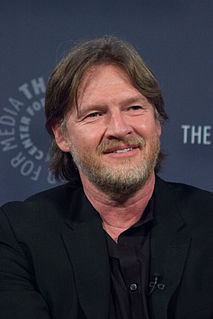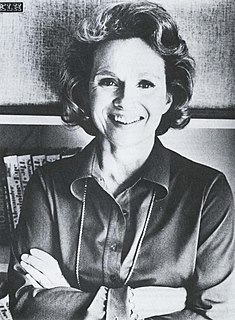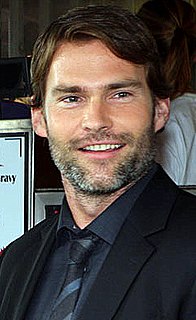A Quote by Billy Eichner
By TV standards - I'm not comparing it to manual labor by any means - by TV comedy standards, it is the hardest job I will ever, ever have. There is nothing that could be harder. I mean, when you combine the amount of writing that has to be done - sharp writing - with the fact that you then take it to the street and improvise with both celebrities who have no idea what's going to happen and real people who are not actors or comedians who don't even know I'm about to talk to them... It's lightning in a bottle every time.
Quote Topics
About
Actors
Amount
Any
Both
Bottle
Celebrities
Combine
Comedians
Comedy
Comparing
Could
Done
Even
Ever
Every
Every Time
Fact
Going
Happen
Harder
Hardest
Hardest Job
Idea
Improvise
Job
Know
Labor
Lightning
Manual
Manual Labor
Mean
Means
No Idea
Nothing
People
Real
Real People
Sharp
Standards
Street
Take
Talk
Them
Then
Time
TV
Will
Writing
Related Quotes
Write all the time. I believe in writing every day, at least a thousand words a day. We have a strange idea about writing: that it can be done, and done well, without a great deal of effort. Dancers practice every day, musicians practice every day, even when they are at the peak of their careers – especially then. Somehow, we don’t take writing as seriously. But writing – writing wonderfully – takes just as much dedication.
The secret to writing is writing. Lots of people I know talk about writing. They will tell me about the book they are going to write, or are thinking about writing, or may write some day in the future. And I know they will never do it. If someone is serious about writing, then they will sit down every day and put some words down on paper.
I believe that the major operating ethic in American society right now, the most universal want and need is to be on TV. I've been on TV. I could be on TV all the time if I wanted to. But most people will never get on TV. It has to be a real breakthrough for them. And trouble is, people will do almost anything to get on it. You know, confess to crimes they haven't committed. You don't exist unless you're on TV. Yeah, it's a validation process.
I started out being a stand up and writing my own material. That took me to Talk Soup, where I was writing and performing for TV. So everything is all the same job in my eyes, and I don't want to ever give up any part of it. I will say that stand-up is my first love; it's how I got started and is in my bones.
I started out with nothing in the world but a kind of passion, a driving desire. I don't know where it came from, and I don't know why - or why I have been so stubborn about it that nothing could deflect me. But this thing between me and my writing is the strongest bond I have ever had - stronger than any bond or any engagement with any human being or with any other work I've ever done.
Well, first you have to love writing. A lot of authors love having written. But I enjoy the actual writing. Beside that, I think the main reason I can be so prolific is the huge amount of planning I do before I start to write. I do a very complete, chapter-by-chapter outline of every book I write. When I sit down to write, I already know everything that's going to happen in the book. This means I've done all the important thinking, and I can relax and enjoy the writing. I could never write so many books if I didn't outline them first.
In my writing class, we never, ever talk about the writing - ever. We never address a story that's been read. I also won't let anyone look at the person who's reading. No eye contact; everybody has to draw a spiral. And I would like to do a drawing class where we could talk about anything except for the drawing. No one could even mention it.
A good film to me is like lightning in a bottle. I used to think that meant hit and run. But then I've changed my definition about what lightning in a bottle means. I think it means that you wait for that surprising moment that you really didn't expect would happen, as good as it may have gone in rehearsal.
And then afterwards I worked in advertising for a year which taught me about writing even when you don't want to (laughter) because there's never a moment that you want to write about an Erickson cell phone but you have to. And that's really important you know obviously for the...like if you really want to write, you have to write every day no matter how you feel or you know. And then, yeah, and then I ended up working in TV and then from TV into movies and then directing, so.
